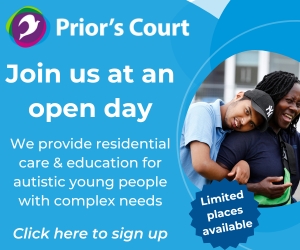Dyslexia in Early Years: What You Need To Know
Identifying dyslexia in young children can be difficult. The signs and symptoms are not always obvious, and since all children learn and develop at their own pace, it can be hard to distinguish between a genuine problem and something they just need a bit of extra time and support to grasp.
Signs Of Dyslexia In Early Years
It is important to remember that this is not an exhaustive list, and that many young children will display these behaviours. The difference is that with dyslexia or other specific learning difficulties (SpLD), the severity and the length of time they persist are a key consideration.
- Difficulty with learning nursery rhymes
- Difficulty with sitting still, paying attention, listening to stories etc
- Enjoys listening to stories but shows no interest in letters or words
- Difficulty with learning to sing or recite the alphabet
- Was slow to develop speech
- Muddles pronunciation of words, for example “flutterby”
- Difficulty with keeping a simple rhythm
- Finds it hard to carry out more than one instruction at a time
- Has poor auditory discrimination
- Forgets names of friends, teachers etc
- Difficulty with cutting, sticking, colouring etc compared to their peers
- Difficulty with dressing, finds buttons etc difficult
- Difficulty with throwing, catching or kicking a ball
- Often trips, falls over or bumps into things
- Difficulty learning to hop or skip
- Obvious “good” or “bad” day for no clear reason
There are clear links between speech and language difficulties at a young age with literacy problems as children get older. Therefore it’s important to try and identify any potential speech and language problems as early as possible.
What To Do If You Are Worried Your Child Has Dyslexia
If you are worried, speak to your GP or health visitor in the first instance.
If your child attends an Early Years setting such as nursery or preschool, the staff there may have important observations that can help you to put together evidence to show to your GP.
The SENCo (Special Educational Needs Coordinator) in your Early Years setting should also be able to help.
Dyslexia Diagnosis In Early Years
A child can only be diagnosed with dyslexia with a formal Diagnostic Assessment, and these are usually only carried out from the age of 7 onwards.
This does not mean you have to sit and wait until your child is 7 though; the SENCo should be able to help with providing additional help and support in the classroom. Also once the school is aware there is a concern regarding dyslexia or other SpLD, they will be more aware of potential signs to look out for. Early intervention is key, and they will be aware of this.







